Page 4 • (47 results in 0.024 seconds)
-
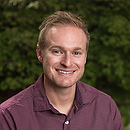
Associate Professor of Psychology | Department of Psychology | clcook@plu.edu | 253-535-7471 | My research explores how social motives and beliefs (e.g., religious, existential, or social beliefs) influence perceptions of threats and opportunities regarding others in our social environment.
Corey L. Cook Associate Professor of Psychology Phone: 253-535-7471 Email: clcook@plu.edu Office Location: Ramstad Hall - 111A Status:On Leave Professional Biography Additional Titles/Roles Title IX Formal Process Team Fulbright U.S. Scholar to Germany Education Ph.D., Social Psychology, University of Florida, 2012 M.S., Social Psychology, University of Florida, 2009 B.S., Psychology, Arizona State University, 2005 Areas of Emphasis or Expertise Stereotyping and Prejudice Evolutionary
Area of Emphasis/Expertise -
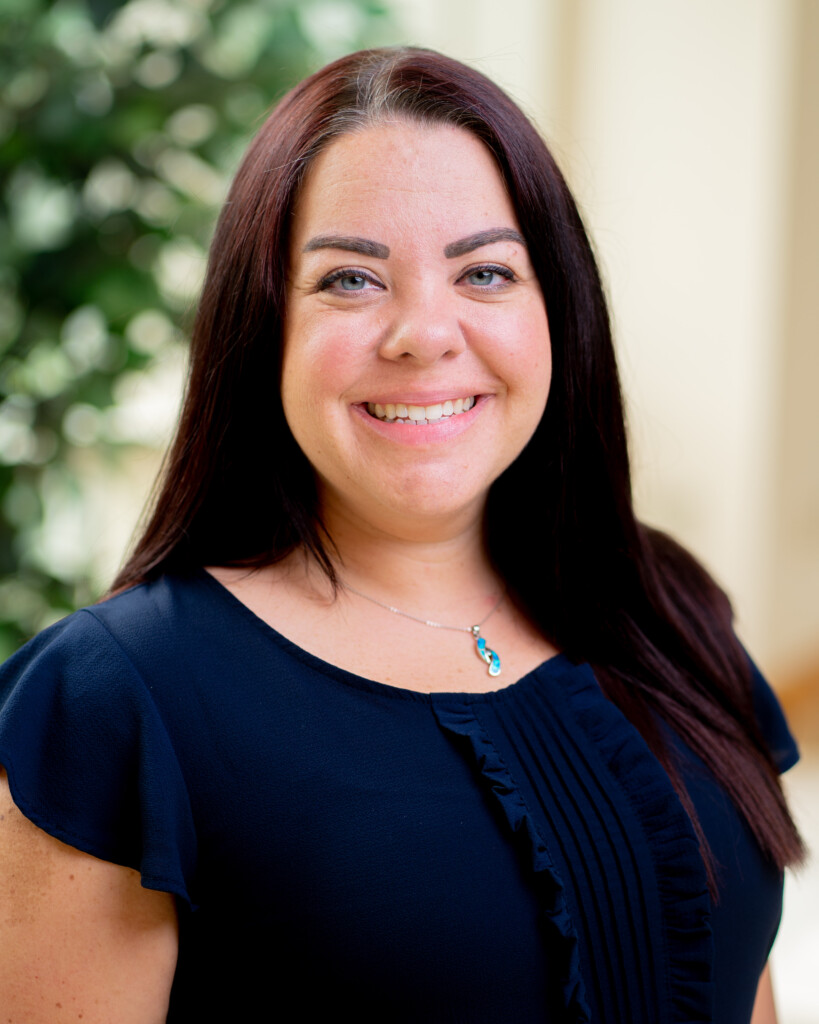
Visiting Assistant Professor | Department of Psychology | jlindsay@plu.edu | 253-535-7640
Expertise Developmental Psychology Cognitive Psychology Psychology of Gender Language Acquisition Research Projects Storytime Studies, Current Colgate University, Hamilton, NY Principal Investigator | Investigating which facial features signal gender to children ages 4-7. Investigating the effects of stereotyped stories on children’s cognitive abilities and motivation. Male Default Study, 2021-2022 Colgate University, Hamilton, NY Principal Investigator | Survey based study, in data collection process
Office HoursMon: 11:00 am - 12:30 pmThu: 9:00 am - 10:30 amMon - Fri: -Area of Emphasis/Expertise -
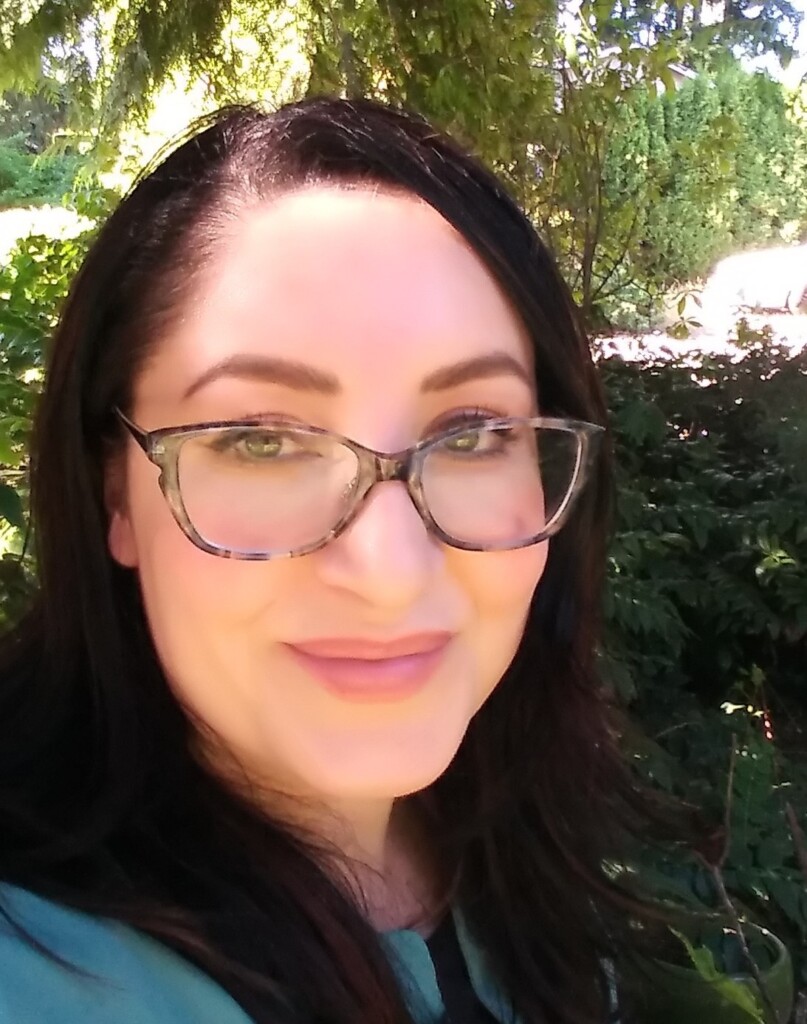
Mental Health Counselor | Counseling Services | guizare@plu.edu | 253-535-7206 | My name is Evelia Guizar; I am a 4th-year student in the Doctorate in Psychology (PsyD) program at Northwest University in Kirkland, WA. My passion for psychological well-being started early in my teenage years as I navigated the complexity of integrating my cultural identity as a first-generation immigrant. Before becoming a graduate student, I worked in the field of Logistics, focusing on person-to-person interactions and professional relationships. I believe in a holistic approach to therapy to understand the whole person and how life experiences, environments, and situations impact a person’s well-being. I embrace and respect diversity in cultural values, which make each client unique in their perspectives and experiences. I believe that we all experience moments in our lives where a therapeutic relationship helps promote healing and emotional strength as we navigate challenges in our daily life. .
Evelia Guizar, MA, LMHCA Mental Health Counselor she/her Phone: 253-535-7206 Email: guizare@plu.edu Office Location: Anderson University Center - 300 Professional Biography Why PLU? Personal Education Doctor of Psychology, Counseling Psychology, Northwest University, Kirkland, in process Master, Counseling Psychology, Northwest University, Kirkland, 2022 Bachelor, Business Administration, DeVry University, Federal Way, 2005 Responsibilities Provide counseling services to students seeking mental
-

Associate Professor of Kinesiology | Department of Kinesiology | katicacp@plu.edu | 253-535-7636
Dr. Charlie Katica Associate Professor of Kinesiology Phone: 253-535-7636 Email: katicacp@plu.edu Office Location:Olson Auditorium - Room 103 Professional Additional Titles/Roles Title IX Formal Process Team Faculty Athletics Representative and Gateway Program Director for the University of Southeastern Norway President of Rainier Adaptive Sports Education Ph.D., Kinesiology and Exercise Science, The University of Alabama, 2014 M.S., Exercise Science, Central Washington University, 2009 B.S
-
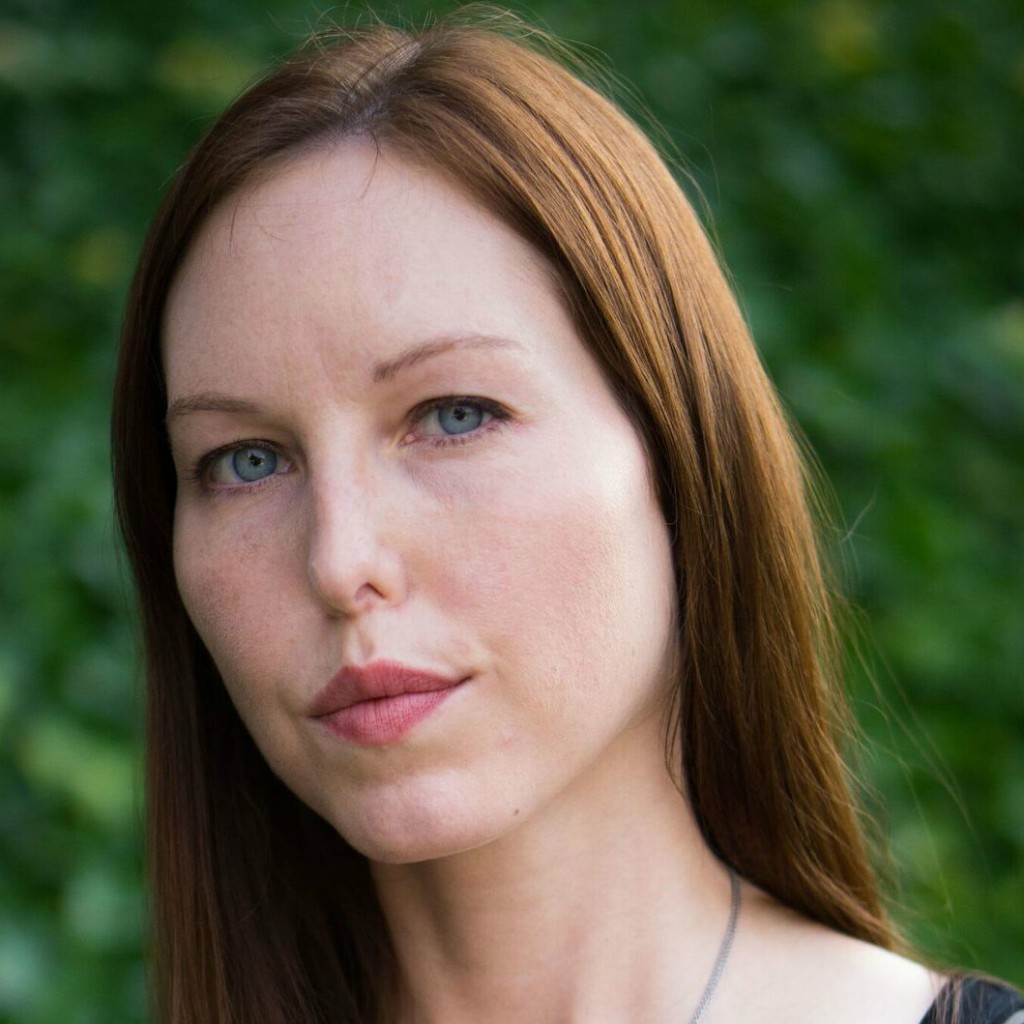
Fiction | MFA in Creative Writing - Low Residency | April Ayers Lawson is the author of Virgin and Other Stories, which was named a Best Book of the Year by The Irish Times and Vice, and a Best Foreign Book of the Year by Spain’s Qué Leer Magazine. Virgin and Other Stories has been (or will be) translated into German, Spanish, Norwegian, and Italian. She has received The Plimpton Prize for Fiction, as well as a writing fellowship from The Corporation of Yaddo. Her fiction has appeared in The Paris Review, Granta, Die Welt, ZYZZYVA, and Oxford American, among others, has been cited as notable in Best American Short Stories, featured by Huffington Post, and anthologized in The Unprofessionals: New American Writing from The Paris Review. Her nonfiction has appeared in Der Spiegel, Granta, Vice, and Neue Zürcher Zeitung Magazine, and been named a Most Popular Read of the Year by Granta. She has taught in the creative writing programs at Emory University and the University Of North Carolina, Chapel Hill, and now teaches at Clemson University. Mentor. Workshops and classes in fiction. Statement: “The most important thing your writing can be is interesting. And by that I mean interesting to you, because when you’re deeply engaged in the process, the work sparks alive. This level of engagement involves writing into places you didn’t expect and opening to the risk of surprise.
Carolina, Chapel Hill, and now teaches at Clemson University. Mentor. Workshops and classes in fiction. Statement: “The most important thing your writing can be is interesting. And by that I mean interesting to you, because when you’re deeply engaged in the process, the work sparks alive. This level of engagement involves writing into places you didn’t expect and opening to the risk of surprise. In art as in life, we often enough try to dodge what would make us grow because it’s uncomfortable, and
-
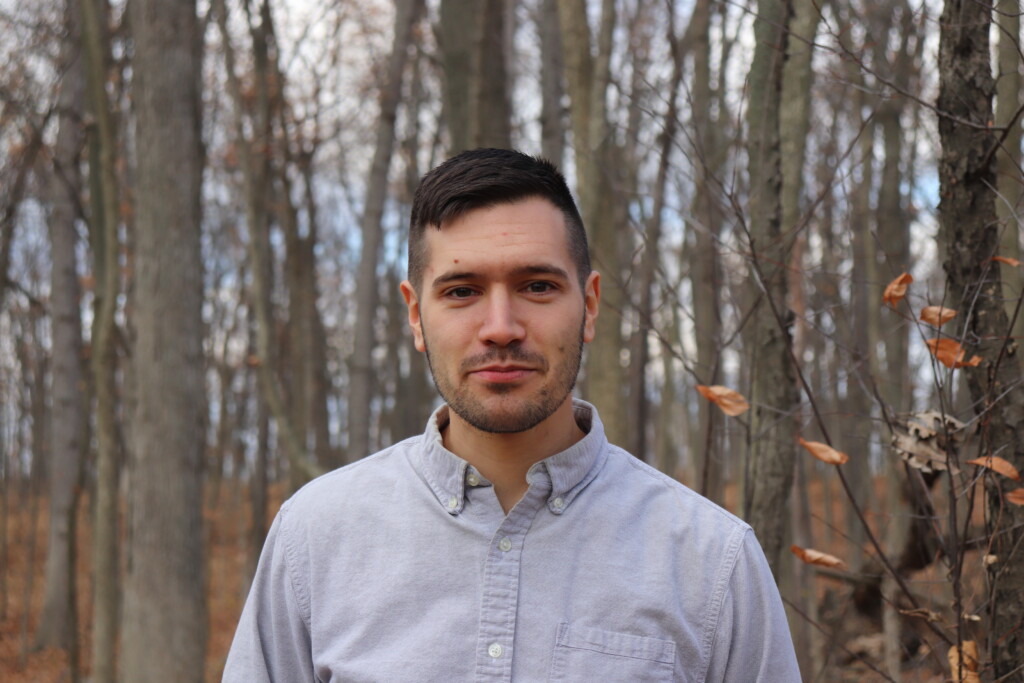
Nonfiction, Fiction | MFA in Creative Writing - Low Residency | Aram Mrjoian is the editor-in-chief of The Rumpus and a 2022 Creative Armenia-AGBU Fellow.
the hope that you will develop enduring strategies for maintaining your writing practice long after completing the program. Being a writer takes time, patience, and practice, there’s no universal formula for finding your voice and improving your craft. As you progress, my focus remains on process and revision, with the understanding that eventually you’ll likely have to negotiate your work’s intentions more directly with readers, editors, and critics. No matter your artistic and professional goals
-
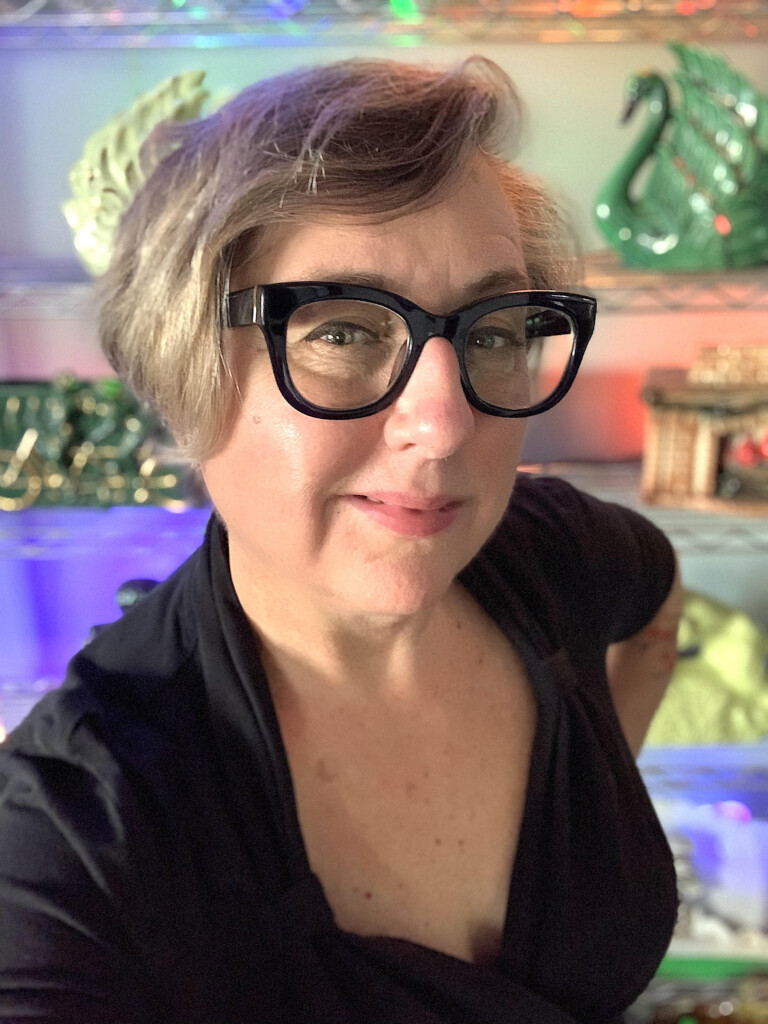
Nonfiction | MFA in Creative Writing - Low Residency | Barrie Jean Borich is the author of Apocalypse, Darling (2018), which was short-listed for a Lambda Literary Award.
-Required Reading. She is a professor in the Department of English-MFA/MA in Creative Writing and Publishing Program at DePaul University in Chicago, where she directs the LGBTQ Studies minor and edits Slag Glass City, a journal of the urban essay arts. Mentor. Workshops and classes in nonfiction. Statement: “Writing is a process: part thought, part instinct, part wish. Every honest draft holds some glimmer of what your work might become. To write is to try, try, and try again, until we’re stunned to
-
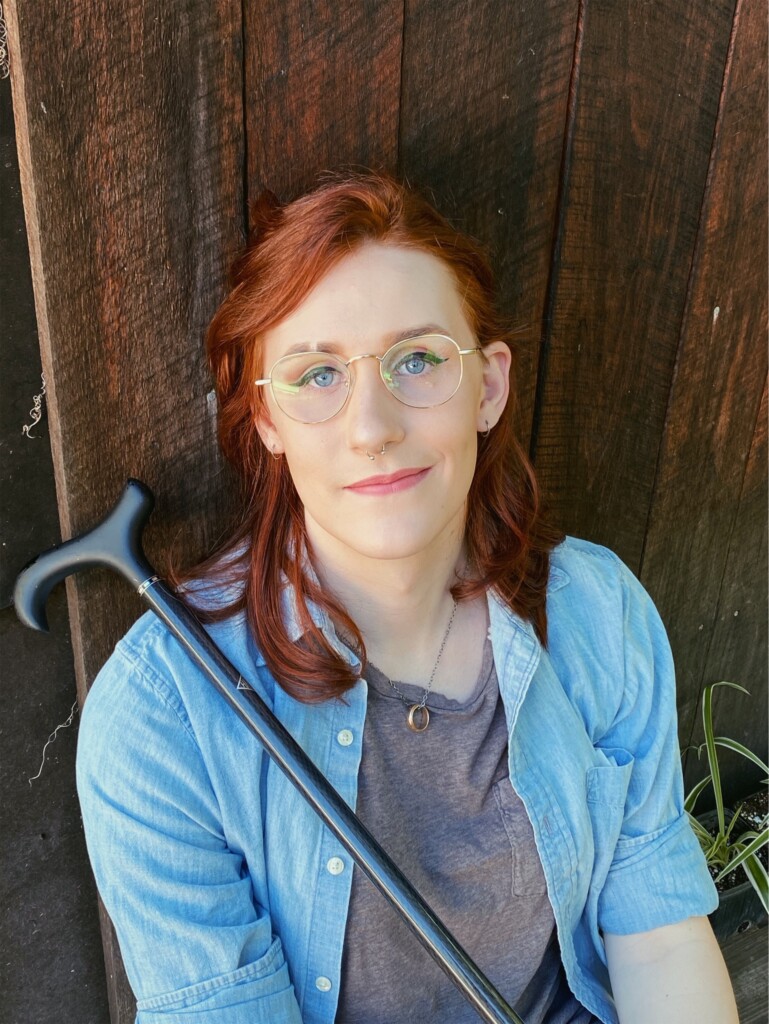
Poetry | MFA in Creative Writing - Low Residency | torrin a.
process, treating each draft as a space for experimentation, for excess, and for bold choices they might otherwise never make.In the creative writing classroom, I aim to rethink and decenter traditional approaches to the workshop, which structurally privilege a small set of identities and formal approaches. Integrating critical interventions by Arielle Greenberg and Felicia Rose Chavez, I use an alternative workshop pedagogy that engages each writer in shaping the structure of the workshop. This
-
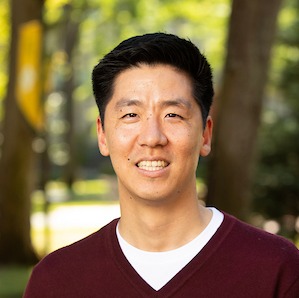
Assistant Professor of Chemistry | Department of Chemistry | dysong@plu.edu | 253-535-7555
and Chemical Biology, Harvard University, 2014 B.S., Chemistry and Molecular & Cellular Biology, University of Illinois at Urbana-Champaign, 2010 Selected Presentations American Chemical Society: Many Flavors of Chemistry. Symposium to Celebrate 2024 ACS National Award for Creative Work in Fluorine Chemistry, Fluorinated tyrosines (Y) and tryptophans (W): Probes of the radical transfer process in class Ia E.coli ribonucleotide reductase (RNR) (March 2024) Northeast Regional Meeting of the American
Office HoursMon: 4:00 pm - 5:00 pmThu: 2:00 pm - 3:00 pmFri: 9:30 am - 10:30 amMon - Fri: - -
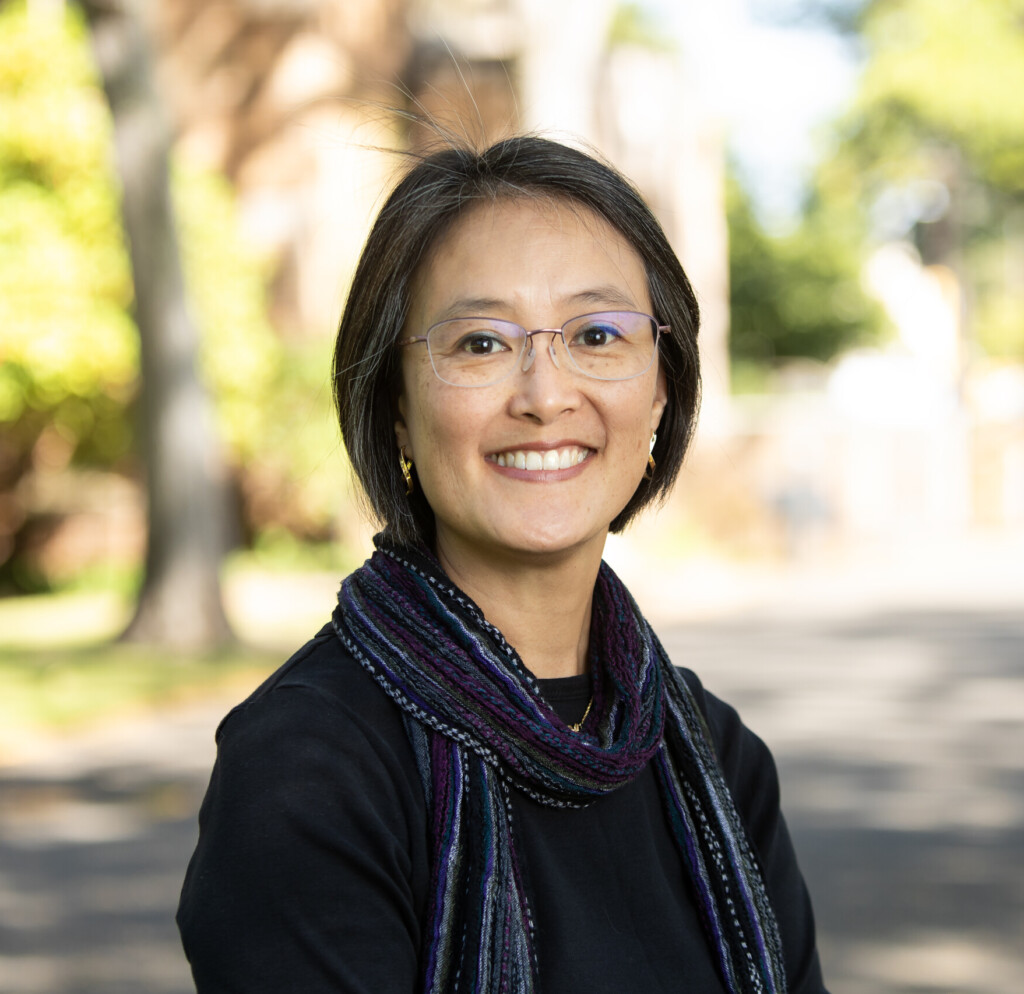
Associate Professor of Education | School of Education | kimck@plu.edu | 253-535-7775 | Dr.
-process’ learning and elevating student agency and sense-making across content areas. If you need to meet with me, please schedule an appointment through email. There is a physical calendar of my available hours on the door of my office!
Do you have any feedback for us? If so, feel free to use our Feedback Form.


